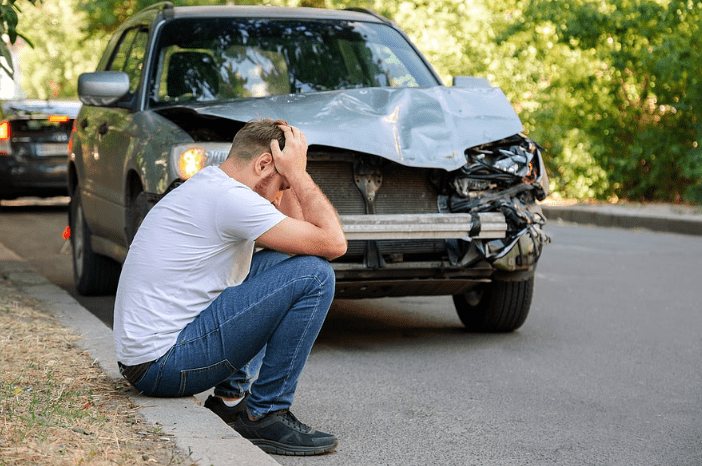Car accidents can have a significant impact on a person’s physical and emotional well-being. While injuries like broken bones and lacerations are often visible and addressed immediately, there are also hidden injuries that may not surface until later, such as headaches. Headaches after car accident are more common than one might think, and they can vary in severity and persistence. This article aims to shed light on the causes, symptoms, treatment, and prevention of headaches following a car accident.
I. Understanding Post-Traumatic Headaches:
A car accident generates substantial force, causing sudden movements of the head and neck. This can lead to various types of injuries, including head trauma and whiplash. Post-traumatic headaches are headaches that occur within a few days to weeks after the accident and can persist for an extended period. Understanding the mechanics of how these headaches arise is crucial to managing and preventing them.
II. Common Types of Post-Traumatic Headaches:
- Tension Headaches: Stress and muscle tension can lead to tension headaches, and they are prevalent after car accidents due to the physical and emotional stress experienced during the event.
- Cervicogenic Headaches: Whiplash injuries can cause cervicogenic headaches, which originate from the neck and radiate to the head.
- Concussion-Related Headaches: In cases of head impact during the accident, a concussion may occur, leading to post-concussion headaches.
- Migraine: Car accidents can trigger migraines in individuals with a history of migraines.
III. Symptoms of Post-Traumatic Headaches:
Post-traumatic headaches may present with various symptoms, including:
- Intense head pain, which can be throbbing or pressure-like.
- Neck pain and stiffness.
- Dizziness or vertigo.
- Sensitivity to light and sound.
- Nausea and vomiting.
- Difficulty concentrating or remembering.
IV. Seeking Medical Attention:
Following a car accident, it is essential to seek immediate medical attention, even if you do not notice any symptoms right away. A doctor can evaluate your condition and identify any hidden injuries, including potential causes of headaches. Diagnostic tests such as CT scans and MRI may be necessary to rule out serious head and neck injuries.
V. Treatment Options for Post-Traumatic Headaches:
Treatment for post-traumatic headaches can vary depending on the type and severity of the headaches. Common treatment options include:
- Pain Management: Over-the-counter pain relievers may be recommended for mild headaches, while prescription medications might be necessary for more severe cases.
- Physical Therapy: For cervicogenic headaches and whiplash-related injuries, physical therapy can help strengthen the neck muscles and improve flexibility.
- Counseling or Therapy: Managing the emotional aftermath of a car accident can also be important in alleviating stress-related headaches.
- Acupuncture and Massage: Alternative therapies like acupuncture and massage can provide relief for some individuals.
VI. Preventing Headaches After a Car Accident:
While not all car accidents can be avoided, there are steps that drivers and passengers can take to reduce the risk of head injuries and subsequent headaches:
- Seat Belt Usage: Always wear a seat belt to prevent head and neck injuries during a collision.
- Proper Headrest Positioning: Adjust the headrest to the appropriate height to support the head and neck during impact.
- Safe Driving Practices: Follow traffic rules, avoid distractions, and drive at a safe speed to minimize the risk of an accident.
Conclusion:
Headaches after a car accident should never be ignored, as they may be a sign of underlying injuries. Seeking timely medical attention and adhering to the prescribed treatment plan can significantly improve recovery outcomes. Additionally, preventive measures and safe driving practices are crucial for reducing the likelihood of car accidents and the resulting headaches. Remember, your health and safety should always be a top priority on the road.
Car accidents can have a significant impact on a person’s physical and emotional well-being. While injuries like broken bones and lacerations are often visible and addressed immediately, there are also hidden injuries that may not surface until later, such as headaches. Headaches after a car accident are more common than one might think, and they can vary in severity and persistence. This article aims to shed light on the causes, symptoms, treatment, and prevention of headaches following a car accident.



